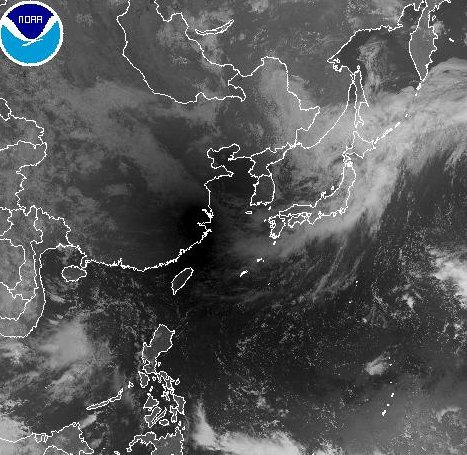I had a suspicion that Strings 2009 wasn’t going to be scientifically very active, since not much has been going on in that field recently, but I still found it surprising how little news from the conference was making its way out to the internet. The conference is nearly half over, no evidence of any activity has appeared on the conference web-site, and until now I couldn’t find anything at all on the internet discussing what is going on there.
However, something did just turn up. Over at the Bad Astronomy and Universe Today Forum, under the topic heading “Off-Topic Babbling”, there have been two communications from Terry Giblin. In the first, written on Sunday, Terry writes that he’s on the road to Rome for the conference, and since it looks like he’ll be late, he’d like someone from the stage or audience to call him on Skype so he can ask the opening speaker (David Gross) a “strings question on quantum tunneling and singularities.”
That doesn’t seem to have worked out. In his latest communication, he says that he finally did make it to Rome, where he reports:
It would appear that I have not missed much over the past two days, yesterday the internet at the conference was only working slowly.
Today they had a power outage, so the conference was cancelled.
I hope I have more success tomorrow or the coming week.
Its amazing to think you can change the outcome of a conference, without being physically present……….
Update: A twitter from Marco Baumgartl has made it out to the internet, bringing more confirmation of problems:
I’d loved to give you live updates from the Strings 2009 conference, but they have severe wifi problems there, can’t connect
Update: An anonymous correspondent attending the conference reports that disorganization is a problem, and that there have been no major announcements. David Gross’s talk listed 8 fundamental problems for string theory and gave the string community a grade of A-F for progress on each problem (this sounds familiar, I vaguely recall him giving such a report card at some other talk a few years ago, I wonder if the grades have changed…)
The atmosphere was much like in other recent years: some disillusionment in the air, but people continuing to work along similar lines. The talks were described as sketchy and mostly incomprehensible to much of the audience, with many of the younger string theorists rather bitter about the lack of much of an attempt on the part of the speakers to give clear explanations and put their work in any sort of context (the audience of 450 has widely varying backgrounds, this is not a specialist conference).
Update: Well, the conference is over now, but still no slides of talks, or any blogging from anyone there, other than Jacques Distler’s attempt to find someone to go to dinner with a week ago. Reports I’ve gotten from the conference describe Vafa’s talk as “Good, in fact too good to be true”, and claim that Arkani-Hamed showed up two hours late for his talk, then went over time by 20 minutes.
Update: Still nothing on the conference web-site about the talks, or on blogs. Physics World does have a report from Edwin Cartlidge, who noted that the scientific talks were appropriately held at the University of St. Thomas Aquinas, named after the great Scholastic philosopher. He also reports on the public talks held yesterday. Witten appears to have decided the best thing to do was to not talk about string theory, but instead talk about particle physics, the LHC, dark matter and supersymmetry. He left string theory to Brian Greene, who somehow convinced Cartlidge that what this is all about is “that 10500 is somewhat bigger than 10120, and that’s a measure of how much we don’t understand dark energy.”
Greene pointed out that string theory requires an extra 6 (or 7) dimensions of space in addition to the three that we are aware of. Helpfully, these dimensions are so small that we can’t see them, but unhelpfully there are rather a lot of ways of curling these extra dimensions up – some 10500 different ways as it turns out. And we would have to study all 10500 if we want to find out whether or not string theory describes the real world.
For Greene, all is not lost, however. He pointed out that 10500 is somewhat bigger than 10120, and that’s a measure of how much we don’t understand dark energy. In a nutshell he argued that if we happen to live in one of the few of the 10500 universes where conditions are just right for us to exist then there’s a damn good chance that we could have such an apparently statistically unlikely dark energy. For Greene, this suggests we might be on the right lines with string theory. Others may be less convinced.
Update: The exponent problem has been fixed.



